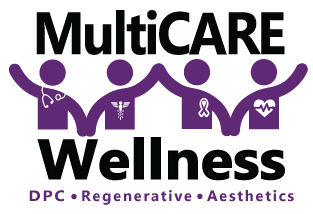Urgent care is not a substitute for emergency care. In general, an emergency condition is one that can permanently impair or endanger the life of an individual. Some examples of conditions that require emergency medical care include:
• Severe chest pain or difficulty breathing
• Compound fracture (bone protrudes through skin)
• Convulsions, seizures or loss of consciousness
• Heavy, uncontrollable bleeding
• Deep knife wounds or gunshot wounds
• Moderate to severe burns
• Poisoning
• Serious head, neck or back injury
• Pregnancy-related problems
• Severe abdominal pain
• (Signs of) Heart attack (i.e.. chest pain lasting longer than two minutes)
• (Signs of)Stroke (e.g. loss of vision, sudden numbness, weakness, slurred speech, or confusion)
• Suicidal or homicidal feelings
